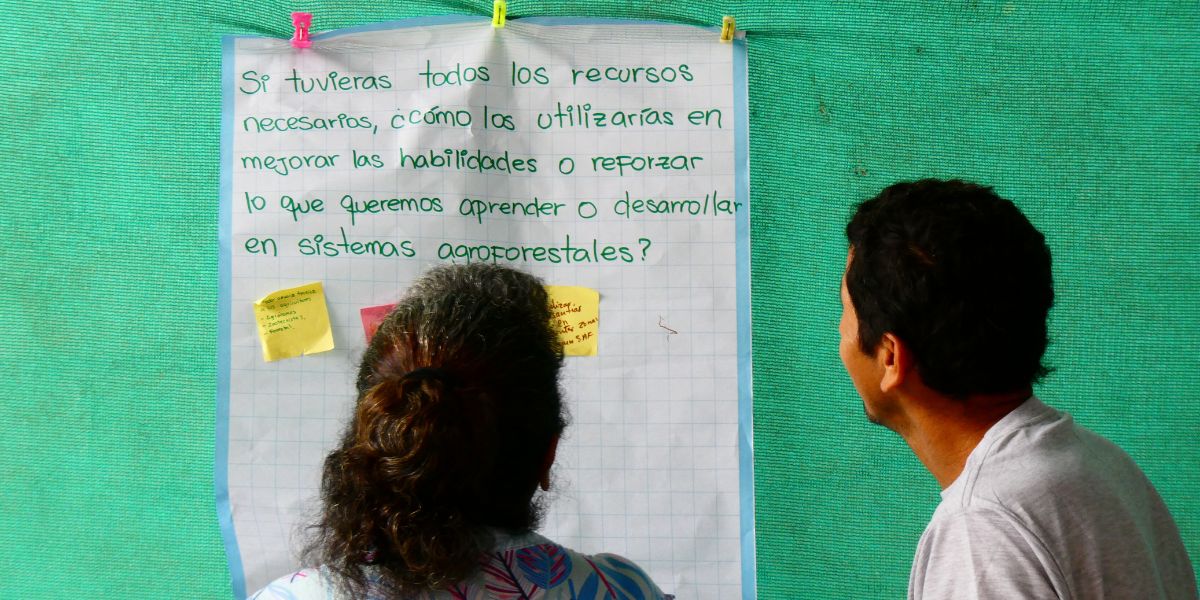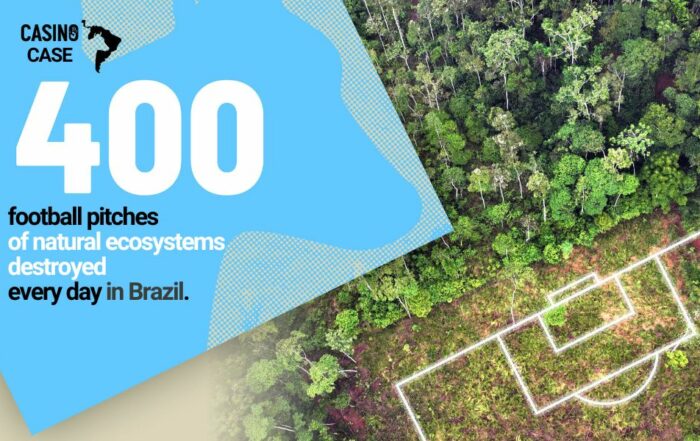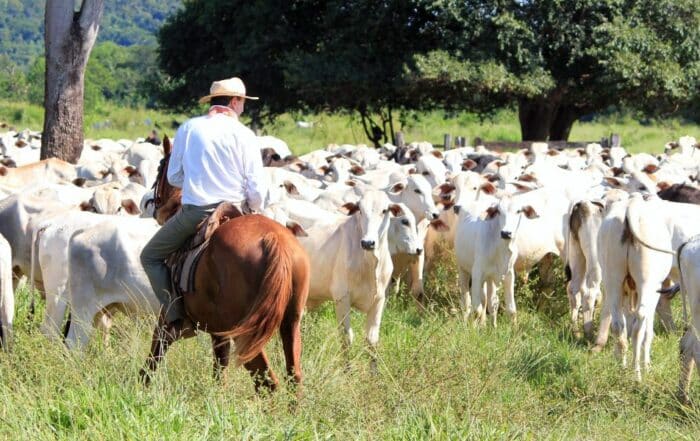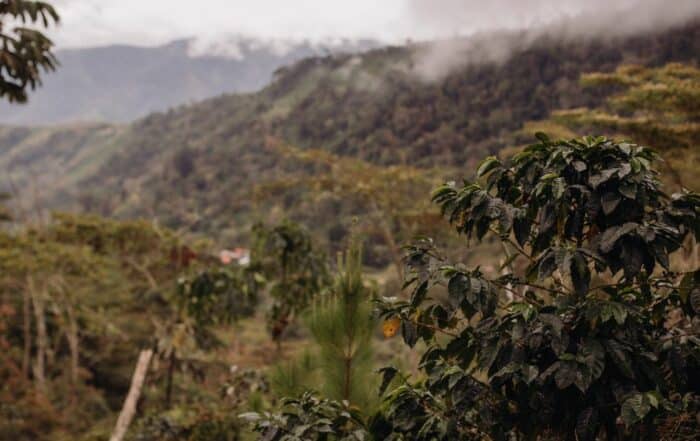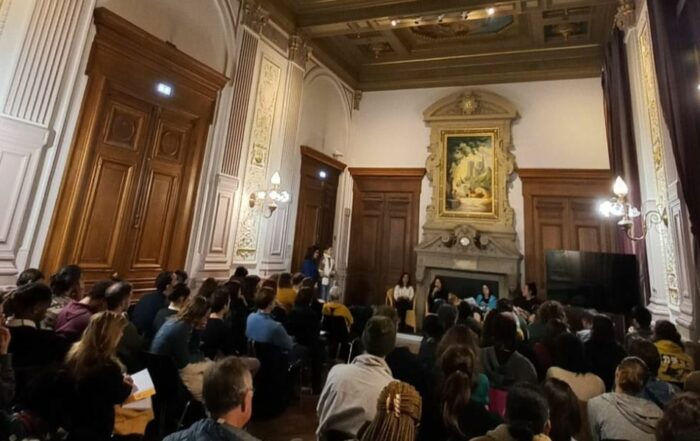The coffee world in Peru is experiencing a silent but powerful revolution: given by agroforestry. During September 28-29, 2023, Pichanaki hosted the meeting “Innovation Initiatives in Agroforestry in Coffee Cultivation”. This meeting was organized by the Agroforestry Network for Exchange and Sustainable Actions (RAFIAS). RAFIAS is a platform that has been working since 2021 to drive sustainability in the coffee industry. Made up of 16 organizations from civil society, private and public sectors, RAFIAS has become a space for meeting and technical sharing for coffee and forest lovers.
Searching for sustainable solutions
Despite advances in the implementation of agroforestry systems (AFS) in coffee cultivation in the Peruvian Amazon, there is still a lack of systematization of lessons learned and good practices. RAFIAS organized this meeting, with the purpose of sharing experiences, learning and creating synergies between organizations and coffee farmers. These allies share the vision of a sustainable transformation in the coffee industry through agroforestry.
Participation
Within this context, 38 persons from 24 organizations in the public, private and civil society sectors participated. In terms of participation, 8 new members were also integrated as part of the RAFIAS driving committee.Therefore, we can highlight the new integration of the academy (UNALM), as well as the association of coffee producers FINKAFE, YPARD, WWF and RIKOLTO. The committee works on the basis of 4 essential work axes to achieve the network’s objectives. These axes are to create a technical platform that unites the public and private sectors to promote sustainable changes ; to transfer and adopt knowledge for the promotion of the AFS and agricultural diversification of coffee farms ; to recognize and fairly reward agriculture under AFS and forest conservation; and, finally, to include women and young people in the coffee sector.
Currently, groups within the network’s steering committee and its participants, are working on technical information and experiences. All these learnings were generated through collaborative and interactive spaces, where we can highlight some preliminary conclusions :
The coffee world in Peru is experiencing a silent but powerful revolution: given by agroforestry. During September 28-29, 2023, Pichanaki hosted the meeting “Innovation Initiatives in Agroforestry in Coffee Cultivation”. This meeting was organized by the Agroforestry Network for Exchange and Sustainable Actions (RAFIAS). RAFIAS is a platform that has been working since 2021 to drive sustainability in the coffee industry. Made up of 16 organizations from civil society, private and public sectors, RAFIAS has become a space for meeting and technical sharing for coffee and forest lovers.
Searching for sustainable solutions
Despite advances in the implementation of agroforestry systems (AFS) in coffee cultivation in the Peruvian Amazon, there is still a lack of systematization of lessons learned and good practices. RAFIAS organized this meeting, with the purpose of sharing experiences, learning and creating synergies between organizations and coffee farmers. These allies share the vision of a sustainable transformation in the coffee industry through agroforestry.
Participation
Within this context, 38 persons from 24 organizations in the public, private and civil society sectors participated. In terms of participation, 8 new members were also integrated as part of the RAFIAS driving committee.Therefore, we can highlight the new integration of the academy (UNALM), as well as the association of coffee producers FINKAFE, YPARD, WWF and RIKOLTO. The committee works on the basis of 4 essential work axes to achieve the network’s objectives. These axes are to create a technical platform that unites the public and private sectors to promote sustainable changes ; to transfer and adopt knowledge for the promotion of the AFS and agricultural diversification of coffee farms ; to recognize and fairly reward agriculture under AFS and forest conservation; and, finally, to include women and young people in the coffee sector.
Currently, groups within the network’s steering committee and its participants, are working on technical information and experiences. All these learnings were generated through collaborative and interactive spaces, where we can highlight some preliminary conclusions :

